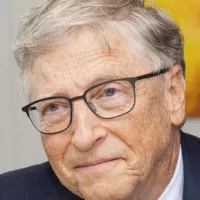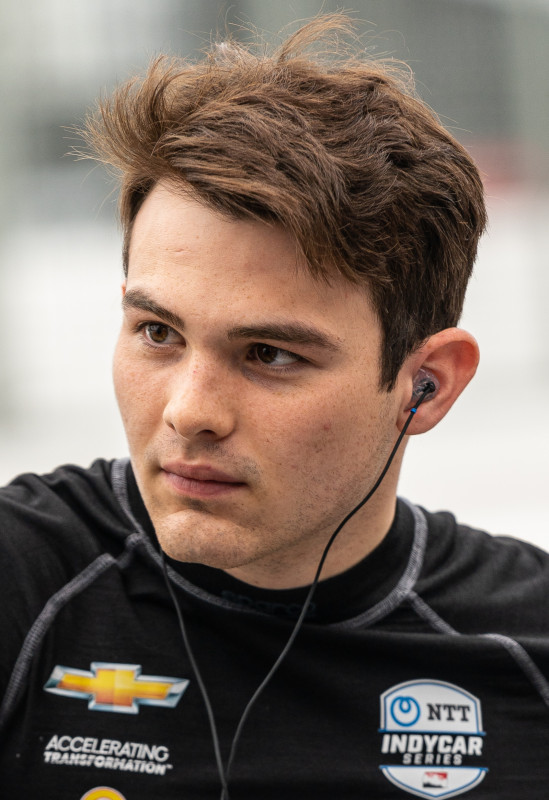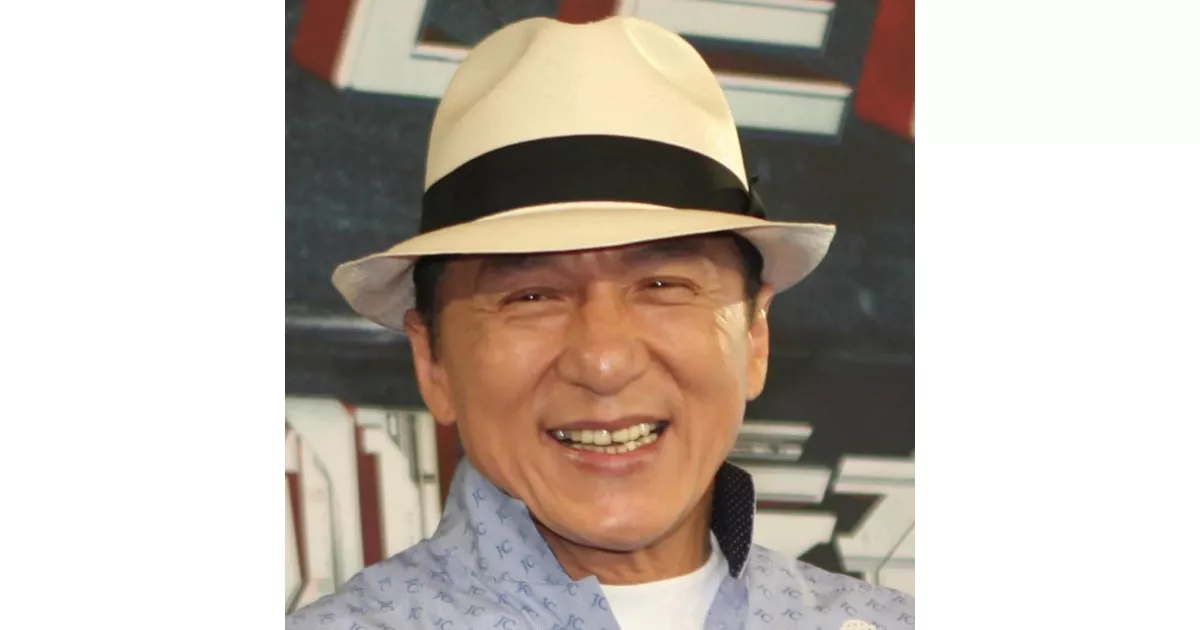From career breakthroughs to professional milestones, explore how Jackie Chan made an impact.
Jackie Chan, born Fang Shilong, is a highly influential Hong Kong martial artist, actor, and filmmaker. Renowned for his acrobatic fighting style, comedic timing, and self-performed innovative stunts, Chan has had a film career spanning over six decades. He is considered a cinema icon, with his films grossing over $6 billion globally.
1980: Experimentation with Elaborate Stunt Action Sequences
In the early 1980s, Jackie Chan began experimenting with elaborate stunt action sequences in films such as The Young Master (1980).
1982: Dragon Lord's Pyramid Fight Scene
In 1982, Dragon Lord featured a pyramid fight scene that holds the record for the most takes required for a single scene, with 2900 takes. The final fight scene featured various stunts, including a backflip off a loft.
1983: Establishment of the Jackie Chan Stunt Team
In 1983, the Jackie Chan Stunt Team was established. Jackie Chan has used them in all his subsequent films to make choreographing easier, given his understanding of each member's abilities.
1983: Official Formation of the Jackie Chan Stunt Team with Project A
In 1983, with Project A, the Jackie Chan Stunt Team was officially formed. The movie added elaborate, dangerous stunts to the fights and typical slapstick humor; at one point, Chan falls from the top of a clock tower through a series of fabric canopies.
1985: Release of Police Story
In 1985, Police Story was released, containing many large-scale action scenes, including an opening car chase, Chan stopping a double-decker bus, and a climactic fight in a shopping mall. During a stunt, Chan suffered second-degree burns, a back injury, and dislocation of his pelvis.
1988: Founding of the Jackie Chan Charitable Foundation
In 1988, Jackie Chan founded the Jackie Chan Charitable Foundation to provide scholarships and aid to young people in Hong Kong and support victims of natural disasters or illnesses.
1989: Performance at Concert for Democracy in China
In 1989, Jackie Chan performed at the Concert for Democracy in China in support of democratic movement during the 1989 Tiananmen Square protests.
2004: Campaigning for Disaster Relief Efforts
In 2004, Jackie Chan championed disaster relief efforts for floods in mainland China and the Indian Ocean tsunami.
2004: Launch of Clothing Line
In 2004, Jackie Chan launched his own line of clothing, featuring a Chinese dragon logo and the word "Jackie" or the initials "JC", and runs a sushi restaurant chain called Jackie's Kitchen and Jackie Chan's Cafe.
2004: Release of New Police Story
In 2004, Jackie Chan starred in New Police Story, where he portrayed a character suffering from alcoholism and mourning his murdered colleagues, to act with more emotion in his films.
June 2006: Pledge to Donate Half His Assets to Charity
In June 2006, Jackie Chan pledged to donate half of his assets to charity upon his death, inspired by Warren Buffett and Bill Gates.
2006: Starring in Rob-B-Hood
In 2006, Jackie Chan played an antihero for the first time in Rob-B-Hood, starring as Thongs, a burglar with gambling problems.
March 2008: Guest of Honour at Jackie Chan Science Centre Launch
In March 2008, Jackie Chan was the guest of honour for the launch of the Jackie Chan Science Centre at the John Curtin School of Medical Research of the Australian National University.
2009: Starring in Shinjuku Incident
In 2009, Jackie Chan played a low-level gangster in Shinjuku Incident, a serious drama set in Tokyo about unsavory characters.
2009: Named an "anti-drug ambassador"
In 2009, Jackie Chan was named an "anti-drug ambassador" by the Chinese government, actively taking part in anti-drug campaigns.
February 2010: Opening of Jackie Chan-Yaolai International Cinema
In February 2010, the first Jackie Chan-Yaolai International Cinema opened as the largest cinema complex in China, with 17 screens and 3,500 seats.
2010: Brand Ambassador for Kaspersky Lab
In 2010, Jackie Chan became the brand ambassador for Kaspersky Lab's antivirus software in Asia.
April 2011: Headlining Charity Concert for Japan Disaster Relief
On April 1, 2011, Jackie Chan headlined a charity concert, Artistes 311 Love Beyond Borders, to aid Japan's disaster recovery effort, raising over $3.3 million.
2011: Expansion of Dragon's Heart Foundation to Europe
In 2011, the Dragon's Heart Foundation, founded by Jackie Chan, expanded its reach to Europe.
2011: Inspiration for The Raid: Redemption
In 2011, the film The Raid: Redemption from Indonesian cinema, took inspiration from Jackie Chan's fight sequences and action choreography.
2013: Member of the National Committee of the Chinese People's Political Consultative Conference
In 2013, Jackie Chan became a member of the National Committee of the Chinese People's Political Consultative Conference, representing the "Literature and Arts" sector.
2013: Delegate to the National Committee
Since 2013, Jackie Chan has been a pro-China politician, having served two terms as a delegate to the National Committee of the Chinese People's Political Consultative Conference, China's political advisory body.
2014: Inspiration for Kingsman: The Secret Service
In 2014, the film Kingsman: The Secret Service, took inspiration from Jackie Chan's fight sequences and action choreography.
March 2015: Meeting with David Cheng and Interest in Motorsports
In March 2015, Jackie Chan met David Cheng, expressing his interest in motorsports and raising the possibility of starting a racing team together.
2016: Formation of Baxi DC Racing Alpine
In 2016, Jackie Chan partnered with David Cheng to form Baxi DC Racing Alpine, the first mainland China-based operation in WEC (World Endurance Championship).
January 2017: Donation to Thailand Flood Victims
In January 2017, Jackie Chan donated $65,000 to help flood victims in Thailand.
2017: Jackie Chan DC Racing wins its class at Le Mans
In 2017, Jackie Chan DC Racing became the first Chinese team to win its class (LMP2) at the 24 Hours of Le Mans.
2017: Inspiration for Atomic Blonde
In 2017, the film Atomic Blonde, took inspiration from Jackie Chan's fight sequences and action choreography.
2018: Inspiration for Black Panther
In 2018, Marvel Cinematic Universe films such as Black Panther took inspiration from Jackie Chan's fight sequences and action choreography.
2020: Inspiration for Birds of Prey and Extraction
In 2020, the DC Extended Universe film Birds of Prey and the Netflix film Extraction took inspiration from Jackie Chan's fight sequences and action choreography.
2021: Inspiration for Shang-Chi and the Legend of the Ten Rings
In 2021, Marvel Cinematic Universe films such as Shang-Chi and the Legend of the Ten Rings took inspiration from Jackie Chan's fight sequences and action choreography.
2023: End of term as Member of the National Committee
In 2023, Jackie Chan completed his second term as a member of the National Committee of the Chinese People's Political Consultative Conference, representing the "Literature and Arts" sector since 2013.
Mentioned in this timeline

Tom Holland is a highly successful English actor known for...

Bill Gates an American businessman and philanthropist revolutionized personal computing...

John Cena is an American actor and professional wrestler renowned...
PlayStation is a video game brand by Sony Interactive Entertainment...

Nintendo is a Japanese multinational video game company based in...
Facebook is a social media and networking service created in...
Trending

47 minutes ago Official Pokémon LEGO Sets Launch Worldwide on Pokémon Day 2026!

47 minutes ago Scream 7 Premiere Sees Protests After Melissa Barrera's Firing; Cast Reunites.

48 minutes ago Stock market plunges after PPI inflation data; Dow, S&P 500, Nasdaq decline.
48 minutes ago US advises embassy staff to leave Israel amid Iran strike threats, urging speed.

48 minutes ago IndyCar Season Opens in St. Petersburg: O'Ward and Palou in Focus.

48 minutes ago Norah O'Donnell Back on CBS Mornings, Highlights Women in 'We the Women'
Popular

Jesse Jackson is an American civil rights activist politician and...

Barack Obama the th U S President - was the...

Susan Rice is an American diplomat and public official prominent...

XXXTentacion born Jahseh Dwayne Ricardo Onfroy was a controversial yet...

Michael Joseph Jackson the King of Pop was a highly...

Kashyap Pramod Patel is an American lawyer who became the...
